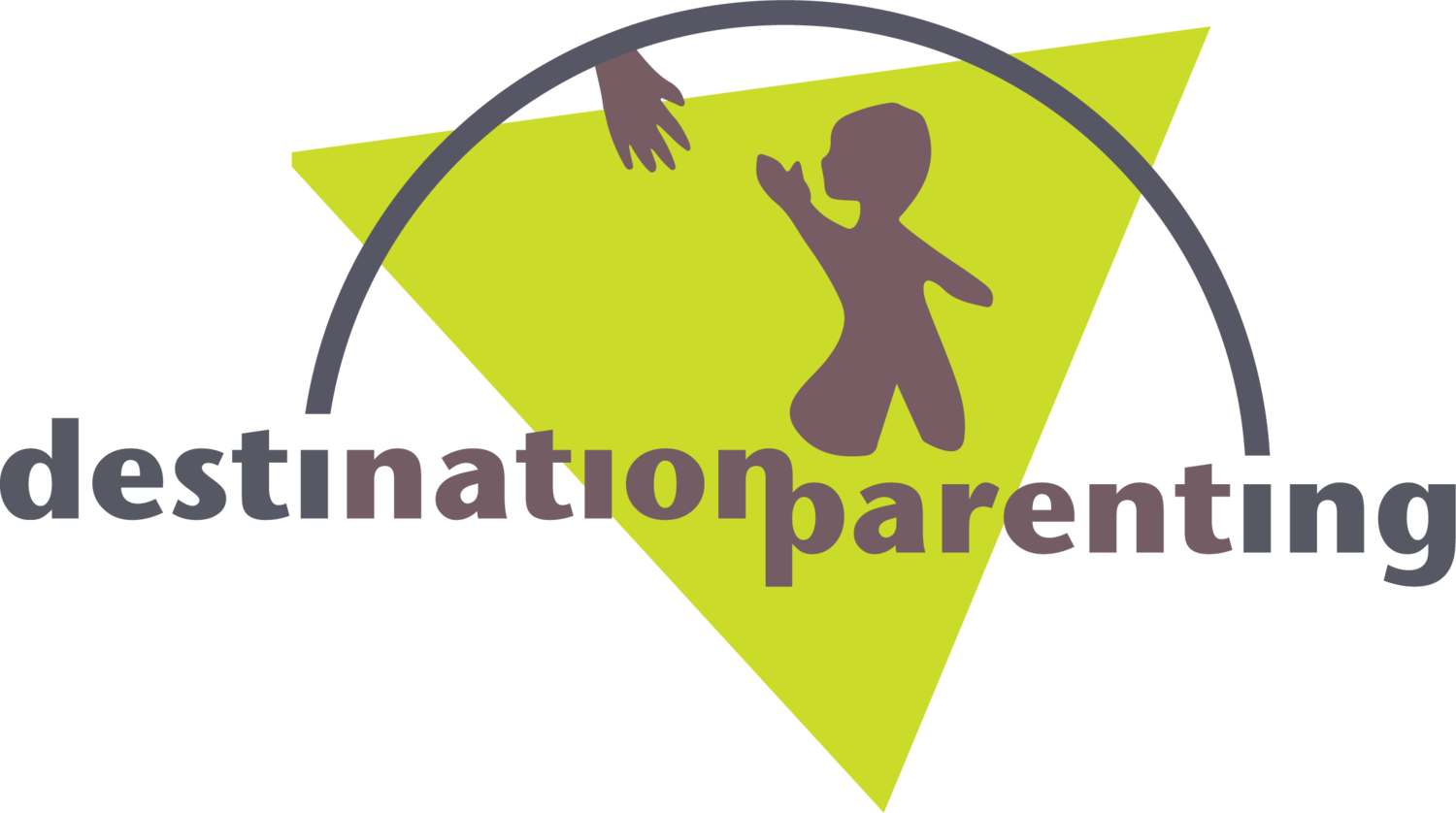Coping With Change: Help, Don’t Hover
Change is hard. While most of us acknowledge that this is true, some of us are better at adapting to changes in our lives than others. When you stop to think about it, do you see transitions as opportunities to grow or as threats to the status quo? Probably your answer depends on what kind of change it is, and whether it affects you alone, or you and your child. Your personal temperament, your family history, and your approach to life all play a role. But no matter where you come from, you probably deal better with change that’s “within your control” than change that is suddenly thrust on you.
Parenting, of course, is filled with dramatic changes. It’s hard sometimes to keep up with the pace of your child’s development. Sometimes these changes are welcome (such as successful toilet training!), but others – for example, finding substitute child care when you need to go back to work -- bring anxiety with them.
Many parents want to be by their children’s side to help them get through every major change. This protective tendency is perfectly natural, but we need to think long-term, not short-term as parents. In the end, don’t we all want children who can anticipate changes, problem-solve how to conquer whatever hurdles might arise, and feel successful at resolving the issue at hand? This outcome is much more likely to happen if we let kids take on some of these changes on their own.
What kinds of skills do we need to impart to our children to make transitions go as smoothly as possible? The short list includes awareness of others’ needs, the ability to ask for help when needed, and being willing to delay gratification (self-control). Many of these skills require that a child can see “the big picture” of why a change is happening and to acknowledge that some things will change that they cannot control. Given the way our brains develop, it’s not possible for infants or toddlers to achieve all of these skills, but the first few years are the time to lay down the foundation for their eventual development.
An early example: school entry
Entering a preschool setting is one change that children universally face in the early years. It can be a wonderful opportunity to help a child have a successful transition, because most parents have time to prepare their child (and themselves) for the big event. Ironically, the preparation that many parents focus on is the “academic” side of school readiness. The child often is encouraged to learn her ABC’s, her colors, or her shapes in advance, with the hopes that she’ll feel less intimated by her new setting and have confidence in her abilities. The reality is that our time as parents would be better spent helping our children deal with other skills. Research on a positive transition to kindergarten (and later school achievement) shows that honing our children’s social skills is in fact where our focus should be.
One standout skill that our children can practice in advance is cooperation. Working together in the playground to create a sandbox lays the groundwork for taking turns solving a problem with classmates. Waiting one’s turn for a swing or letting a younger child go first on the slide are ways to introduce the idea that sometimes others’ needs should be taken into account. Inviting a new neighbor over for a playdate and showing her around the yard is a chance for a child to share what she knows. Successfully dealing with these encounters early on teaches a child that she can negotiate new places and people in a positive way.
A parent’s role
As a parent, you can be a role model for how to handle change yourself, and you can look for ways to demonstrate flexibility in new situations. Letting your child know that different places have different rules (and that adults in charge should be respected) is a simple way to build your child’s repertoire of skills. You can use natural experiences at religious services or at a friend’s birthday party to point out to your child that certain behaviors are acceptable in some settings, but not others. Role playing “What would you do?” is a fun way to help your child prepare for situations that might arise when you’re not around.
No matter how much practicing you and your child do together, there will inevitably be rocky transitions. That’s OK, too, particularly when you recognize that children learn a great deal from taking risks. In fact, they love to hear when you have had less-than-smooth episodes in your life. Sharing these events and the lessons you learned from them can be a fantastic way to show your child that life goes on even after things don’t go according to plan. It also opens the door to conversations about what could have been done differently, how relationships change over time, and other life events that your children will be facing soon.
In the end, change is inevitable. Our best gift to our children is to acknowledge that without it, growth would be impossible. And who’d want to live in world like that?
*********************************
Maureen O’Brien, PhD is a developmental psychologist and mother of twins who lives in Boston. She lectures and consults on child development and parenting issues and is the author of the parenting series, Watch Me Grow: I’m One-Two-Three.



